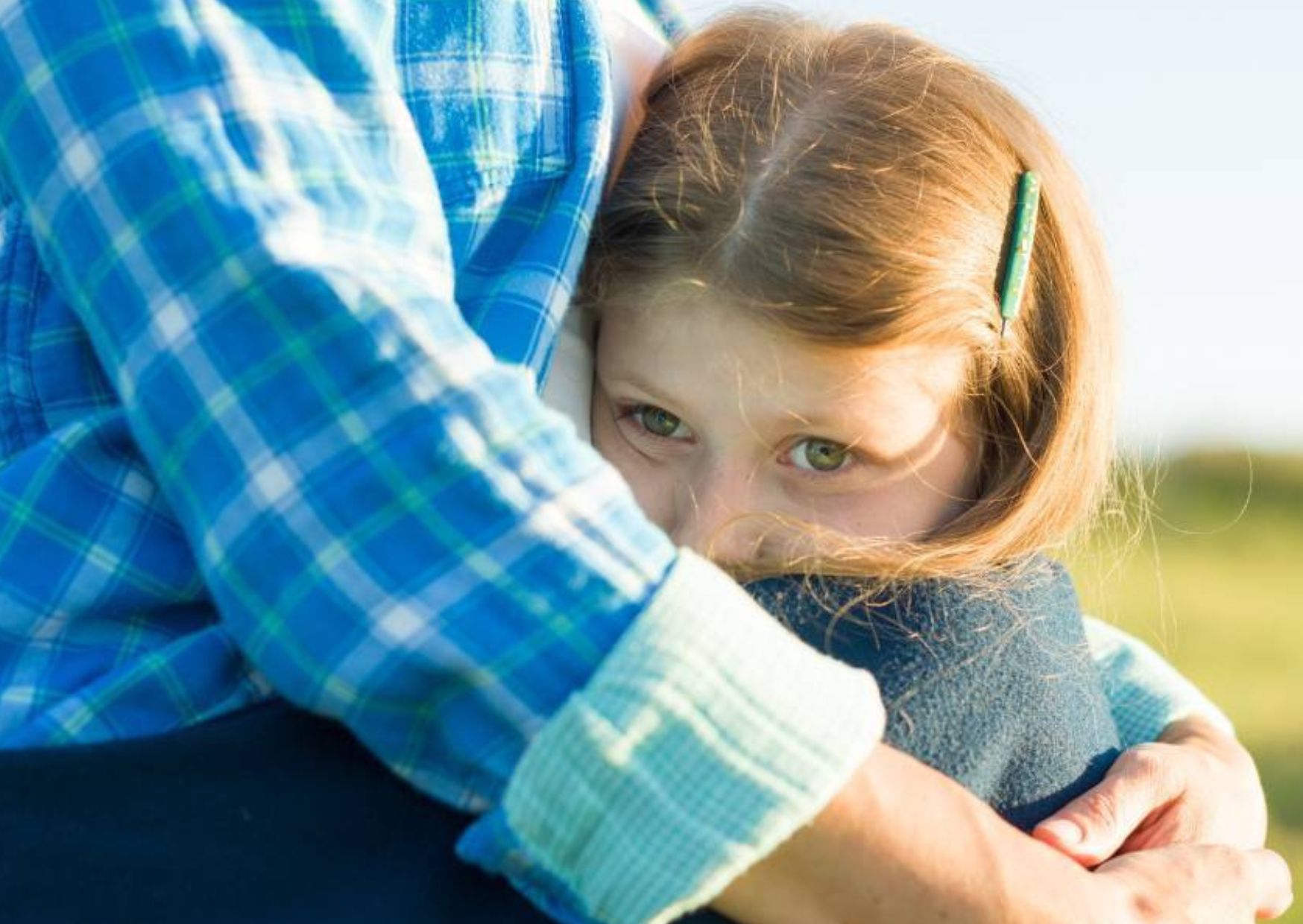The need to establish custody of a child can arise in various situations, such as a family crisis, the death of a parent, the reluctance of parents to take responsibility for the child, or if the rights of parents are limited by a court decision in cases where the child is in danger from parental upbringing, parental stay in places of deprivation of liberty, prolonged illness of parents, etc.
Child custody and child care are both different legal terms and two similar legal terms. Yes, the establishment of guardianship or care of a child depends on the age of the child. So, if the child is under 14 years old, guardianship is established over him, if the child is between 14 and 18 years old, guardianship is established over him.
In Ukraine, the guardian or custodian of a child can be an adult natural person who has full civil legal capacity (that is, the ability to have rights and obligations in full). The main requirements for a guardian candidate include: adulthood (the person must be of legal age, that is, reach the age of 18); legal capacity (the guardian candidate must have the capacity to have rights and perform civil duties); the ability to be a responsible parent (a person who wishes to be a guardian must have the ability and desire to take responsibility for the child and ensure its well-being and development); lack of restrictions (a candidate for a guardian should not have restrictions in establishing guardianship or care over a child, which are defined in Article 212 of the Family Code of Ukraine).
Separately, it is worth noting that guardianship over children in Ukraine provides for circumstances, in the presence of which a person cannot be a guardian or custodian of a child. Yes, a guardian or custodian cannot be: persons who are incapacitated or have limited legal capacity; persons who were previously deprived of rights in relation to their children and did not renew these rights; if the person was previously a guardian, but the guardianship was terminated due to the actions of the guardian; were patients of psychiatric or drug dispensaries; are those who abuse alcohol or drugs; do not have a place to live on a permanent basis, and a permanent job; are persons with foreign citizenship, unless they are a relative of the child; are persons who do not have any citizenship at all; have certain diseases and need care from other persons; were previously convicted of certain types of crimes.
A potential guardian may be a member of the child's family, such as a parent, grandparent, older sibling, or other person who is qualified and willing to take care of the child.
How to issue guardianship of a child ? Establishing guardianship over a child usually takes place through the body of guardianship and guardianship. The guardianship authority aims to provide the child with the necessary care and protection, especially in cases where the parents are unable or unwilling to do so, or when it is necessary to protect the child's interests.
The process of establishing custody of a child may include the following stages:
1. Application for help: Usually, custody of children in Ukraine begins with an application by an interested person (for example, relatives, social security organizations, neighbors, etc.) to the guardianship authority or the court with a request for the appointment of custody of the child.
2. Analysis of the situation: After receiving the appeal, the guardianship and guardianship body conducts an analysis of the situation, including an assessment of the children, their needs and the circumstances that led to the appeal, registers a child in need of guardianship or care.
3. Appointment of Guardianship: If the child is deemed to be in need of guardianship, the guardianship authority or the court may appoint a guardian who will be empowered to exercise rights and responsibilities related to the care and protection of the child.
4. Monitoring and control: After the guardianship is appointed, the guardianship authority usually monitors and monitors the guardian's performance of duties and the child's well-being.
The guardian has the right to care for and raise the child, as well as to represent the child's interests in all spheres of life. The guardian is obliged to provide the child with housing, food, clothing, medical care and education in accordance with his age and needs. In addition, the guardian must create conditions for the child's physical, mental and social development.
If there are questions about the actions of the guardians or the condition of the child, you can contact the guardianship and guardianship authorities or the court to protect the rights of the child. In addition, in some cases, the police or social services may also be involved to ensure the safety and protection of the child's rights.
If you have questions about how to arrange custody of children in a specific situation, you should contact a lawyer or other specialist in the field of law.





























